Four Seasons at the MBTA: A Hot, Cold, Windy, Rainy Year
Across modes of transportation, neighborhoods, and seasons, extreme weather threatens the safety of MBTA riders.
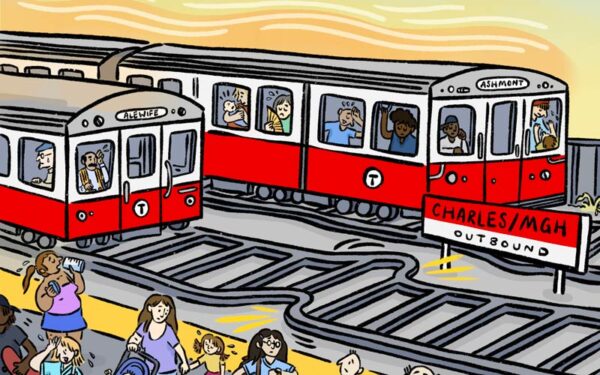
Across modes of transportation, neighborhoods, and seasons, extreme weather threatens the safety of MBTA riders.

Climate change threatens transportation safety and people’s ability to access crucial resources. But, with the right planning and on-the-ground work, we can ensure a safe and reliable transit system for all.
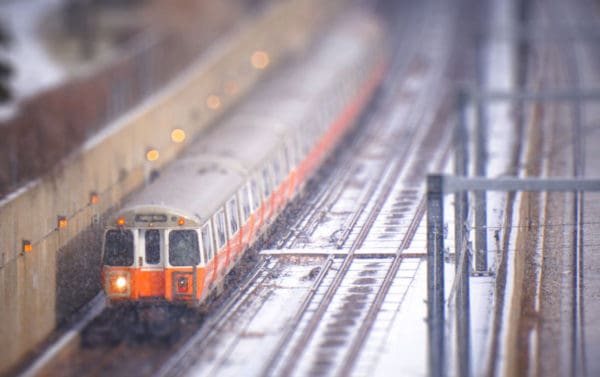
The Green Line extension to Medford is finally here. Today, after 8 years of delays, a new branch of the Green Line – consisting of five stations reaching out into Medford – opened its doors to riders.
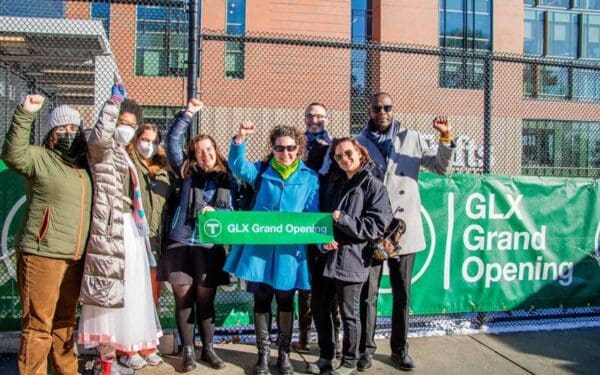
Slashing polluting emissions from medium- and heavy-duty vehicles is a critical part of our climate fight.
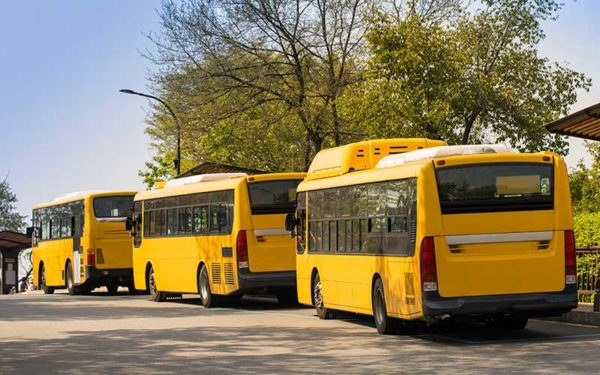
“Completely shutting down the Orange Line for 30 days is unacceptable,” said Staci Rubin, Vice President of Environmental Justice at CLF. “It’s awful that the T has failed to maintain tracks and infrastructure for so long that it now warrants a monthlong shutdown. Replacement buses will more than double travel times, disrupting the lives of hundreds of thousands of riders. At the very least, the T must implement bus lanes for the entire length of the route and run more frequent commuter rail service.”
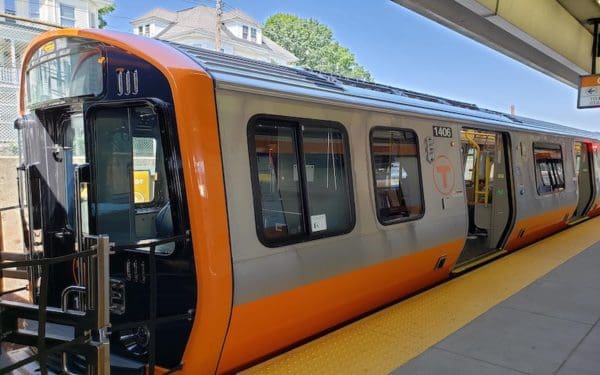
“Strong vehicle emissions standards are critical to tackling the climate crisis given that transportation is the nation’s largest source of polluting emissions,” said CLF attorney James Crowley. “Toxic tailpipe pollution wreaks havoc on our health, air quality, and climate. It’s time we act. The Biden Administration made the right call in restoring California’s ability to set stricter standards, and we’re defending the rights for other states to follow suit”
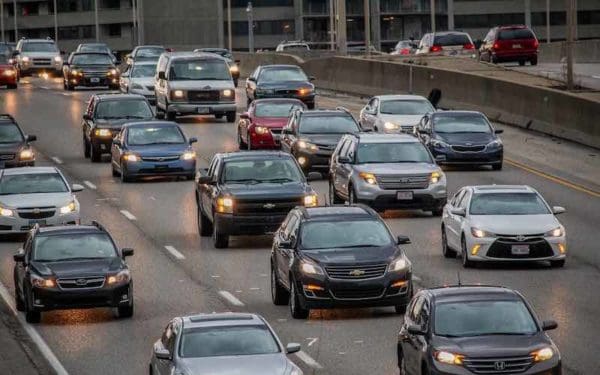
“The climate crisis is putting Vermont’s communities at risk as we speak,” said Elena Mihaly, Vice President of CLF Vermont. “The Climate Action Plan is a huge first step in slashing polluting emissions, building smarter, and prioritizing communities overburdened by climate impacts. We’ll be pushing to make sure the implementation of the plan prioritizes cleaning up our transportation systems and transitioning to truly clean heat and electricity. Our homes, land, and critical resources can’t wait.”

“TCI was never going to be enough to address the impacts and needs of the region’s transportation systems,” said Staci Rubin, Vice President of Environmental Justice at CLF. “Transportation is the largest source of planet-warming emissions in New England, and our current systems have overburdened communities of color with air pollution for decades. We must overhaul the way we move people and goods, and it must be done in a way that recognizes and addresses these historic inequities and brings everyone to the table in finding a solution. CLF will continue to work with impacted communities and our states to move that process forward.”
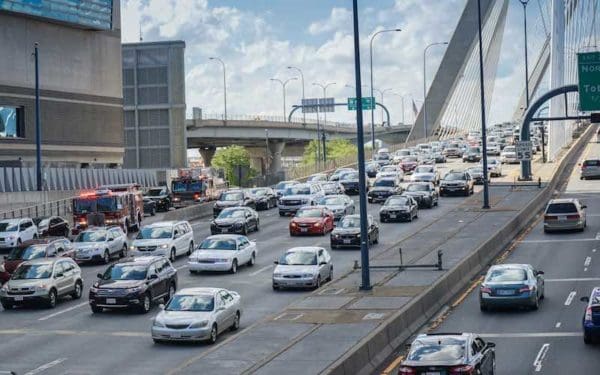
Connecticut, Rhode Island, and Massachusetts are considering bills to implement the Transportation and Climate Initiative – here’s what we’re working for in each.

“The language of the proposed ballot question is ambiguous and will very likely confuse and mislead voters,” said Staci Rubin, Vice President, Environmental Justice, CLF. “This effort comes at exactly the wrong time. With the impacts of the climate crisis becoming clearer by the day, options should be on the table to reduce transportation fossil fuel use and prepare our communities for what’s to come.”
